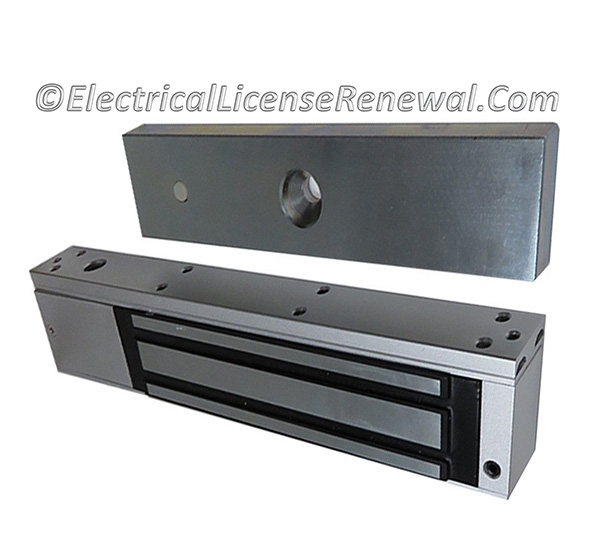NFPA 731 General Definitions. Active Lock.

Chapter 3 of NFPA 731 contains general definitions used in the standard. It is important to understand what is considered an “Active Lock”.
An active lock is an electric locking device that holds a portal closed and cannot be opened for egress by normal operation of the door hardware. Mag locks are perfect examples of active locks.
Annex A in NFPA 731, Section A.3.3.2 provides the following examples of Active Locks:
Examples of active locks are electromagnets, electric locks that do not allow free egress, and other locking devices that control egress as well as ingress.
Additional rules and requirements for active locks are found in Chapter 6 of NFPA 731.
Below is a sample of NFPA 731. For the complete section, see the actual NFPA 731 text at NFPA.ORG. Once there, click on the free access link to the latest edition of NFPA 731.
3.3.2 Active Lock. An electric locking device that holds a portal closed and cannot be opened for egress by normal operation of the door hardware.